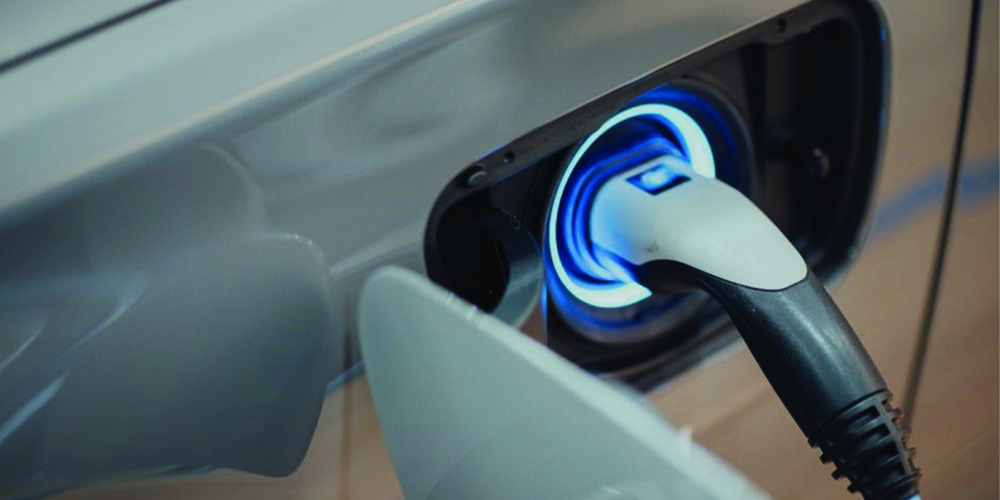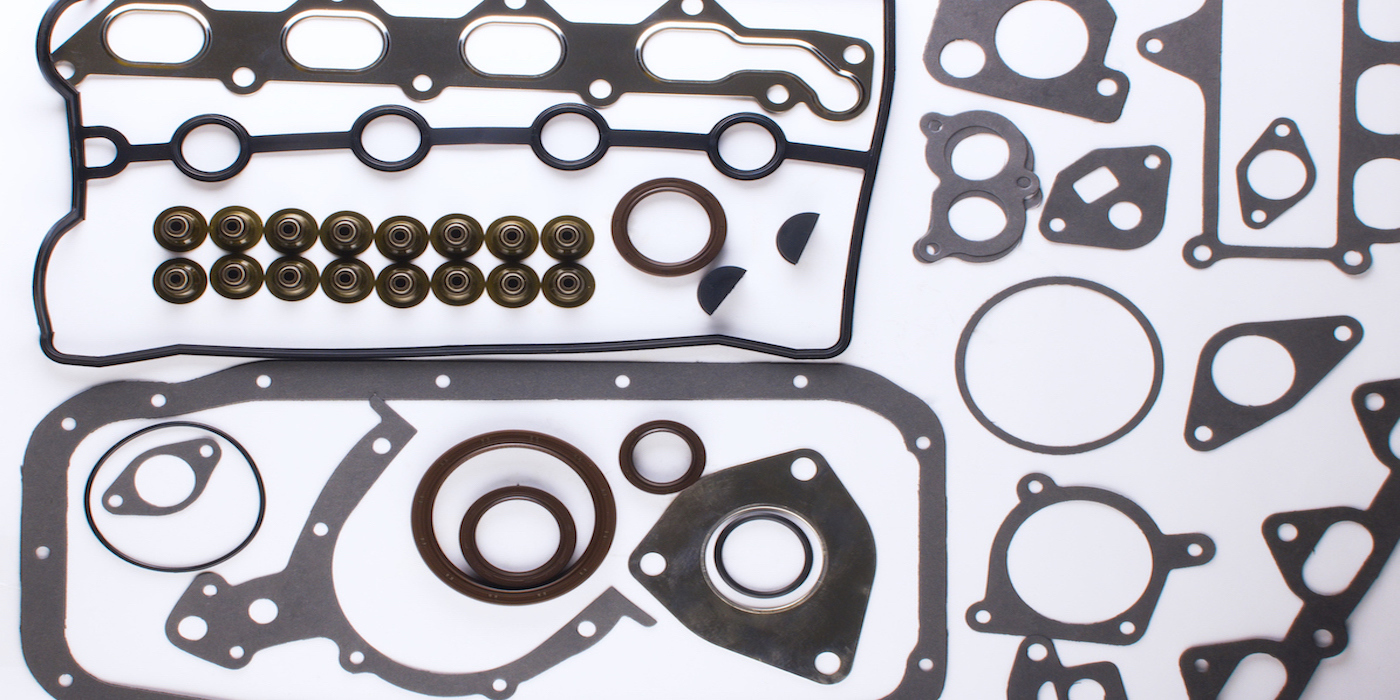There are some words and acronyms being thrown around many state governments that should cause you to pay attention if you hear them or read about them in your local newspaper. They include: CARB, super warranty, 15/150,000, ZEV, SULEV, PZEV and sealing-the-hood. If this is starting to sound familiar, but you think it’s just about a few thousand hybrid vehicles, you’re wrong. The proposed regulations affect a growing number of vehicles that you service today or could service tomorrow, which includes many cars with 2.0-2.5L engines like the Camry, Accord, Focus, Jetta and Altima, to name a few.
Given there are lawyers, the EPA and several state governments involved, they have made this thing very complicated, but here are the basics:
- States need to clean up their air and will want to achieve this by reducing vehicle emissions.
- So, they want to impose a 15-year/150,000-mile warranty on all new PZEV vehicles produced in the future for emissions-related component failures.
- Consumers don’t maintain their vehicles well enough and need an incentive to do so (like free service).
- 15 years or 150,000 miles is deemed to be the life of the vehicle.
- Should there be an emissions-related problem with the vehicle, the warranty will force the vehicle owner to return to the new car dealership for repairs for 15 years or 150,000 miles.
- The car manufacturers don’t like this plan either because it requires them to cover the cost of the warranty program for the life of the vehicle.
Several states (California, Connecticut, Florida, Massachusetts, New Hampshire, New Jersey, New York, Oregon, Pennsylvania, Rhode Island, Vermont, Washington) are in some phase of adopting or studying the adoption of this type of program.
There are several industry associations including the Automotive Service Association (ASA — www.asashop.org) and the Automotive Aftermarket Industry Association (AAIA — www.aftermarket.org), along with various state associations, working to protect your business by bringing a remedy to the adoption of these super warranties. Think about it, if that check engine light comes on, your customer will take the car back to the dealer for free warranty service that will also result in other services being performed, precluding you from future repair opportunities.
Share your concern and support by contacting your state association or one of these national organizations:
AAIA — [email protected] ASA — [email protected].













